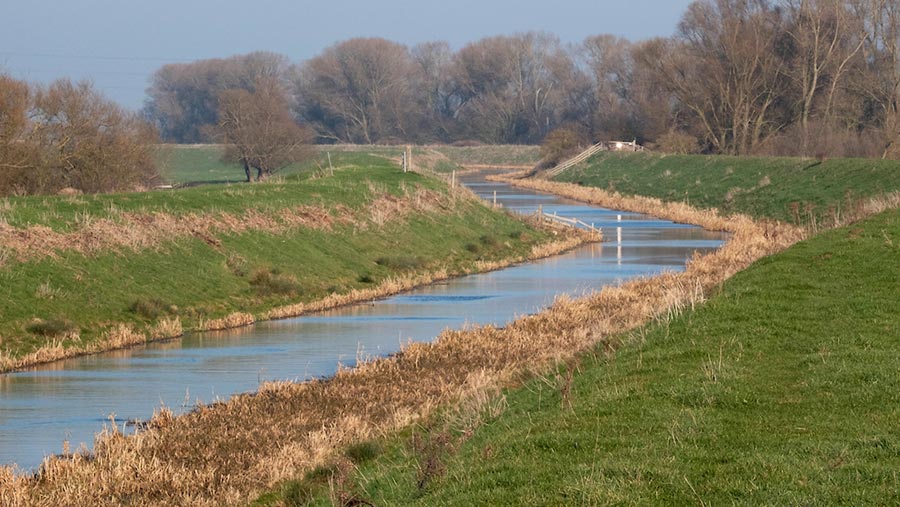Opinion: Nutrient U-turn shows flaw in ecological approach
 © Tim Scrivener
© Tim Scrivener The government announced a staggering U-turn last week on its requirement of nutrient neutrality for new housing developments.
Bemoaned by the Home Builders Federation as a “disproportionate moratorium on housebuilding”, nutrient neutrality prevented housing development across 74 authorities.
See also: Opinion – collaboration is key to raising productivity and innovation
Handpicked by Natural England, these authorities are home to “protected sites in unfavourable condition due to excess nutrients”.
And apparently any new development would lead to an increase in nutrients (from sewage and wastewater) being discharged into water courses.
Hence wetlands, nitrate and phosphate scrubbing areas and other nature-based solutions would need to be designed to mitigate this additional load from development.
For the 25% of English farmers who are in one of Natural England’s designated authorities, Michael Gove (as secretary of state for levelling up, housing and communities) will have undone four years of hard work creating clusters and landscape recovery plans within these areas.
Huge sums of money were on the table with developers and water companies funding the work to unlock the new development.
An estimated 30,176 acres of farmland were to be taken out of operation for planning permission to be granted on the 142,000 homes that up until last Tuesday were blocked.
Of the amendment, Gove said it will “allow for the delivery of more than 100,000 new homes desperately needed by local communities.”
So where does that leave the farmer, and more importantly the rivers and waterways?
While I hugely sympathise with those farmers who have worked so hard to arrive at solutions, I am reminded of the laughable smoking and no-smoking zones that used to exist on aeroplanes.
Polluting of carbon or nitrates doesn’t start and stop on a fixed boundary. Likewise, the attempt for designations to be geographically adjacent to the potential pollution carries merit but is fundamentally flawed.
Ultimately, the “we” refers to us all. Housebuilders, farmers, water companies, other polluters and indeed households.
We are not taking enough responsibility for mitigating pollution, our water use, our waste and our duty to the wider ecology of our rivers and waterways.
The former England Rugby Union coach Sir Clive Woodward had a mantra of doing 100 things 1% better, rather than trying to do one thing 100% better.
If as farmers we were all to make three simple changes this would make a huge improvement.
- If we were all 10% more precise in marrying the stability of our soils to the stability of the fertiliser or slurry we apply
- If we all grew summer cover crops (Defra take note, it beggars belief that this option is not available under SFI) instead of attempting to grow underperforming break crops or enhanced overwintered fallow that draw little nutrients out the soil, and add very little or no soil stability
- And finally, if Defra allowed the use of nitrogen stimulants at planting in early autumn rather than loading high doses of fertiliser in late February and March when it is very wet to reduce nitrogen leaching
The mitigating efforts of those in the Solent or Teesside should still be pursued. But only to complement a step-change in outdated habits.
Systemic change is achievable with the right leadership.

